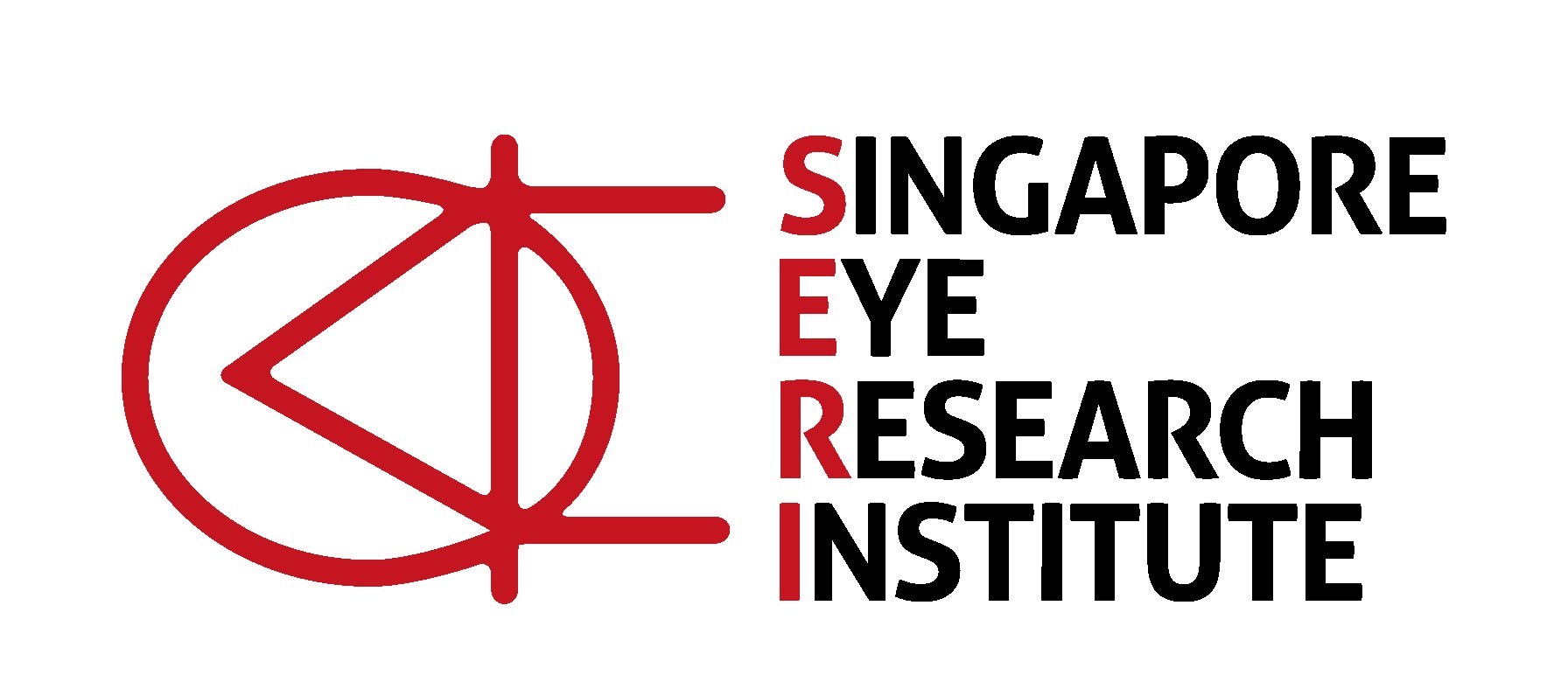Located at the University of Waterloo’s School of Optometry
and Vision Science and established in 1988, the Centre for Contact Lens Research now renamed Centre for Ocular Research and Education (CORE) played a significant role in the early development and testing of silicone hydrogel
lenses and the role of oxygen in corneal health.
Their facilities combine clinical, laboratory, and socio-behavioural strategies
to develop and engineer new contact lens materials, designs and care systems.
The
Columbia University Department of Biomedical Engineering hosts an exceptional
range of cutting-edge and world-class research laboratories. Their research is mainly focused on three areas: biomechanics, cell and tissue engineering, and biomedical imaging. However, they are also dedicated to using
their expertise and resources to merge these broad and diverse research tracts
in order to make new discoveries that will lead to a better world.
Oregon Health & Science University (OHSU) is the state of Oregon's only public academic health center. It educates health professionals and
scientists, and provides leading-edge patient care, community service and
biomedical research.
Université Laval is the first French-language university opened in North America. The university focuses on promoting positive change in the world by giving its students a progressive way of thinking in regards to research and world issues. The University of Laval is dedicated towards developing a future that is both sustainable and inclusive.
Established in January 2008, the National University Health System (NUHS), a joint venture between NUS and the Ministry of Health Holdings, groups the National University Hospital and the National University of Singapore’s Yong Loo Lin School of Medicine and Faculty of Dentistry under a common governance structure to create synergies to advance its tripartite mission of excellence in clinical care, translational clinical research and education.
Created in 1964, INSERM is a public institution with a scientific and technical vocation under the dual auspices of the Ministry of Health and the Ministry of Research. It was created as a successor to the French National Institute of Health. INSERM consists of 339 research units, run by 6500 permanent staff members. Eighty percent of INSERM research units are embedded in research hospitals of French universities.
The Duke-NUS Graduate Medical School is medical school opened as a collaboration between Duke and National University of Singapore. It enrolled its first class during the Fall of 2007.
The Mechanobiology Institute, National University of Singapore provides an Open Platform to bring outstanding scientists and their projects to Singapore while providing high-quality training for students and scientists (local and foreign) in quantitative systems approaches to understand biomechanical functions.
Established in 1997, Singapore Eye Research Institute (SERI) is Singapore’s national research institute for ophthalmic and vision research. SERI’s mission is to conduct high-impact eye research that prevents blindness, low vision and major eye diseases common to Singaporeans and Asians. It has paved the way for significant improvements in how eye diseases are treated and prevented on a global scale.
The University of Toronto (UofT) experts work at the frontier of nearly every field of endeavour, collaborating with researchers across disciplinary and geographical boundaries to explore timeless questions and open new vistas for human expression, scientific discovery, and social progress.











